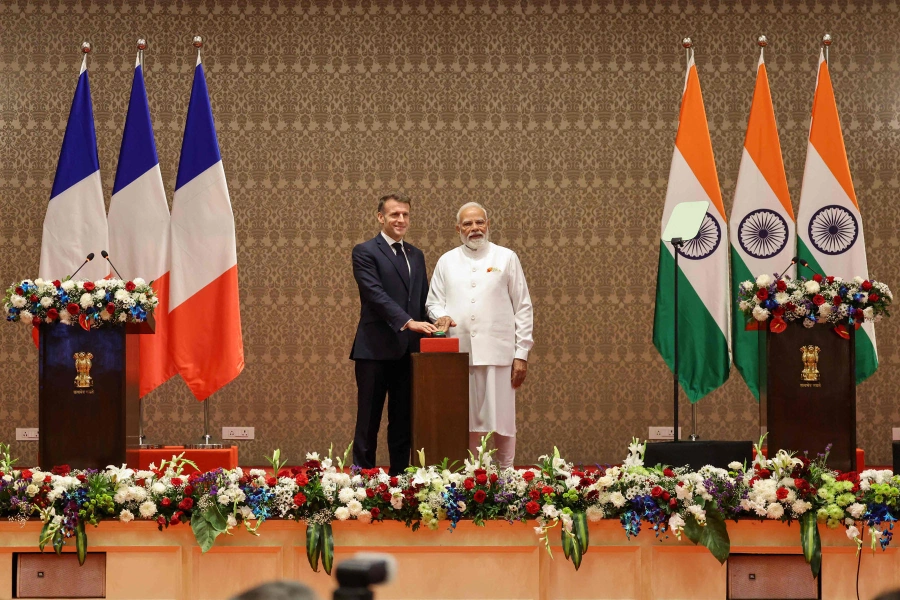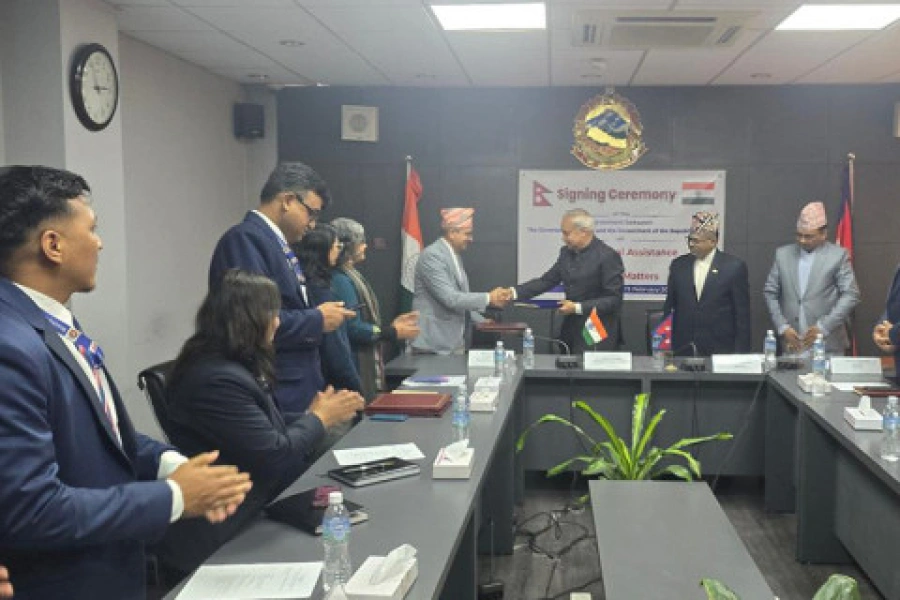On every single high-level visit to neighboring countries, India and China, by our Prime Minister, Nepal tends to experience a hue and cry both before and after such a visit. Opposition party leaders and a section of civil society members routinely weave conspiracy theories to allege that the ruling party leaders ‘sold’ the country and its resources or inked deals that are detrimental to the interests of the country. The visit to China this time, however, stood out as different. Nepal signed a historic Framework for BRI Cooperation, which government officials say would pave the way for the implementation of BRI projects in Nepal. The two countries have already finalized 10 different projects to be implemented under the BRI framework in Nepal. The two countries have also agreed to further negotiate the terms and conditions of each of these projects in due course for their implementation. One of the main reasons why there was no such controversy after the visit of Prime Minister Oli to China was that the ruling parties sat together for several rounds of discussions to forge consensus on all issues of contention. They also tried to win the confidence of the main opposition party on the deal the government wanted to reach with China. This demonstrates the political and diplomatic maturity of Nepal’s key political actors. The political parties may have differences on internal matters, but they should share consensus on key foreign policy matters. The level of maturity both at the political and diplomatic levels is commendable. All the major political parties in the country deserve appreciation also for the transparency they demonstrated by making the new BRI deal with China public.
Prime Minister Oli's visit to China not only showcases exemplary maturity in fostering friendly relations with neighboring countries while maintaining trust and safeguarding Nepal's national interests but also signals a shift from the past trend where prime ministers would undertake foreign visits more as leaders of their political parties rather than as the country’s chief executive. The success or failure of such visits was often judged solely through a partisan lens. Prime Minister Oli’s four-day visit to China was significant in many ways. The central focus of Oli’s visit was the BRI, a major initiative proposed by China. There was speculation before the visit that disagreements between the Nepali Congress (NC) and the CPN-UML, when in a coalition government, might destabilize any decisions on the BRI. However, both parties reached a consensus on the initiative ahead of the visit, allowing the Ministry of Foreign Affairs (MoFA) to proceed through diplomatic channels. Ultimately, the new BRI deal was signed between Nepal and China to pave the way for implementing major infrastructure projects. The implementation of the BRI projects was put on hold although Nepal had endorsed the BRI in 2017, mainly due to Nepal’s reluctance to pursue projects funded through loans. Since China does not typically provide grants under the BRI framework, reaching an agreement was challenging. The success of this visit lay on both sides agreeing on a middle path that respected Nepal’s stance while addressing China’s preferences.
China to help Visit Nepal Year 2020 campaign

Prime Minister Oli’s ability to secure such an agreement was a notable achievement. Credit for this success is shared by the coalition government, including the NC as NC leader, Arzu Rana Deuba, held the position of Foreign Minister. Projects such as the Tokha-Chhahare Tunnel, the Hilsa-Simkot Road, the Kimthanka-Khandbari Road and Bridge, the Geelong-Kerung-Kathmandu Trans-Border Railway, and the Geelong-Kerung-Chilime 220 kVA transmission line are suitable for inclusion under the BRI. These initiatives have the potential to stimulate economic activities across Nepal’s Himalayan region, which has long been underdeveloped. That said, it would have been more appropriate to pursue a 400 kVA transmission line, as it could enable Nepal to export surplus electricity to China as well. Other proposed projects such as the Madan Bhandari University and the Kathmandu Scientific Center and Science Museum, can also be considered medium-scale projects that could foster social and educational progress. Despite the commendable maturity shown during the visit, the decision of the coalition government to prioritize certain projects based on the leaders’ home constituencies has courted controversy, tarnishing all other achievements made in the visit. The inclusion of the China-Nepal Industrial Friendship Park and a sports academy in Damak, Jhapa, along with Amargadhi City Hall in Dadeldhura, is seen as politically motivated. These projects—located in the home districts of PM Oli and NC President Deuba—serve as instances of self-serving political favoritism. If we set aside these particular projects, the visit of Prime Minister Oli can still be termed a highly successful visit. It is our wish to see our major political leaders unite on all matters of the country’s foreign policy. Such maturity is indispensable for the prosperity and well-being of the people and the country.







































